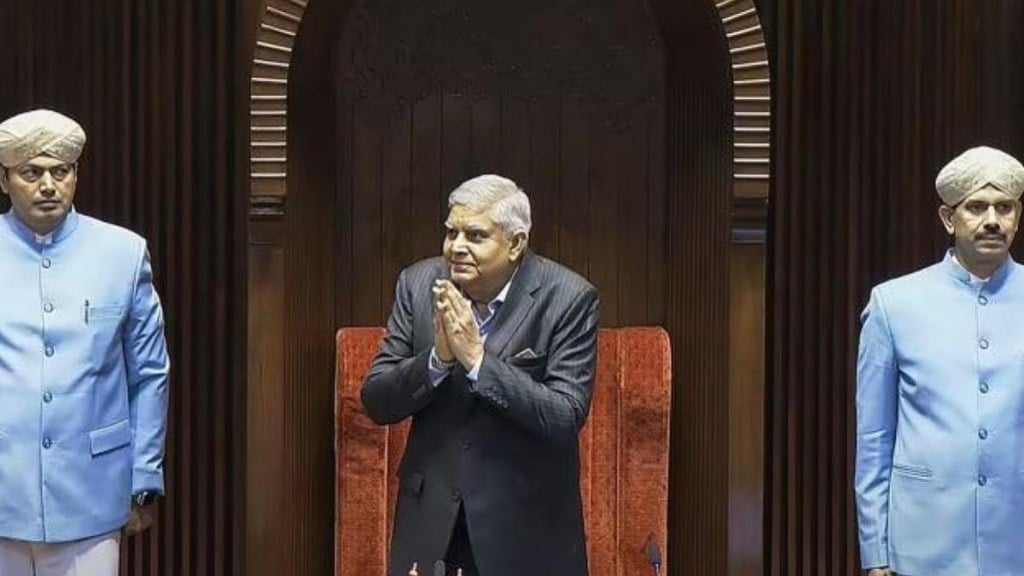Vice‑President Jagdeep Dhankhar has formally resigned from his office, citing health concerns as the primary motive. In a letter addressed to President Droupadi Murmu, he invoked Article 67(a) of the Indian Constitution, stating he was stepping down “effective immediately” on medical advice.
What does Article 67(a) state?
Article 67 of the Constitution determines the vice president’s term of office (five years) and stipulates methods of vacancy:
- A vice president may resign by writing to the President (Clause a);
- May be removed by a resolution of the Rajya Sabha with Lok Sabha concurrence (Clause b);
- Continues in office until a successor assumes charge, even after term expiry (Clause c).
Article 67(a), therefore, empowers the vice president to resign voluntarily at any time before the five‑year term concludes, by submitting a written letter to the President.
Dhankhar’s resignation letter
In his letter, Dhankhar emphasised the necessity of prioritising his health. “To prioritise health care and abide by medical advice, I hereby resign … effective immediately, in accordance with Article 67(a) of the Constitution.”
He expressed profound gratitude to President Murmu, Prime Minister Narendra Modi, the Council of Ministers, and Parliament members for their cooperation, support and camaraderie during his term.
Jagdeep Dhankhar is just the third vice president in India’s history to resign before completing his term, the others being VV Giri and R Venkataraman. Giri and Venkataraman resigned to contest presidential elections.
His departure comes roughly two years into a five-year term, which began in August 2022 and was set to end in 2027.
What happens next?
Dhankhar’s resignation creates a vacancy in the second-highest constitutional office. Until a successor is appointed, Deputy Chairman Harivansh Narayan Singh will preside over the Rajya Sabha.
Meanwhile, the Election Commission is expected to announce the Vice‑Presidential election schedule soon. The poll, governed by constitutional provisions and relevant laws, will involve an electoral college comprising members from both Houses of Parliament.
Although the Constitution gives no deadline for filling a Vice‑Presidential vacancy requiring the election only to be held “as soon as possible, the resignation triggers the formal process under Articles 66–68 and the Presidential & Vice‑Presidential Elections Act, 1952. The ruling alliance (NDA) is assessing potential candidates, with Deputy Chairman Harivansh among the frontrunners.

